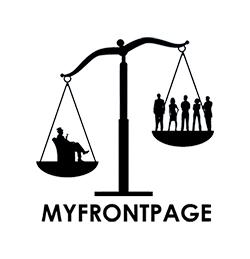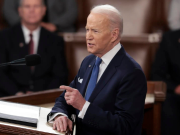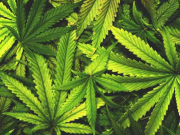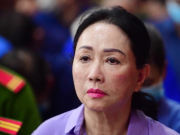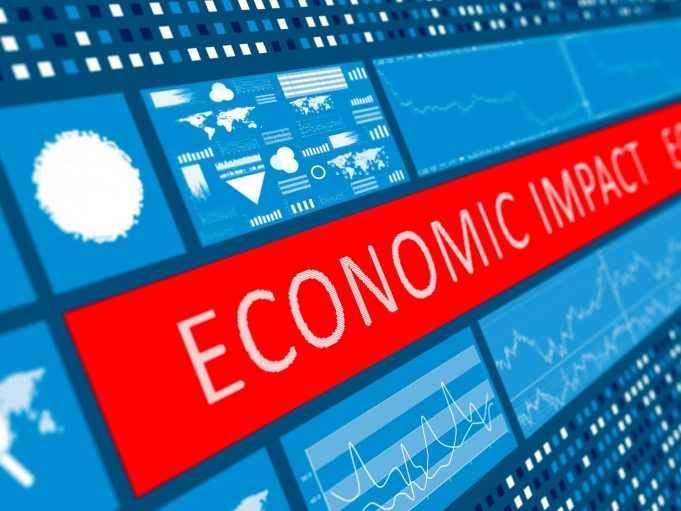BANDAR SERI BEGAWAN: Brunei has performed very well in regulation and secured second ranking globally. According to the Canadian conservative think tank, Fraser Institute’s recent Economic Freedom Index report It got a score of 8.8 out of 10.
Under the regulations category, Brunei scored 8.8 and secure the fourth position globally in labor market regulation and eighth place in business regulation (8.2).
In the Index based on 2020 data, the most recently available, the Sultanate ranked 59th out of 165 economies Globally. But the economic freedom index was not very good and it dropped seven places in comparison to the 2019 index, among the lower scores for freedom to trade internationally.
Compared to 2019, Brunei got high in sound money, legal system, and property rights, and maintained its score in government and in regulation.
Among South-East Asian neighbors, Singapore is in the second spot, Malaysia (49th), Brunei (59th), Cambodia (63rd), the Philippines at (66th), Thailand (86th), Vietnam (113th), and Myanmar (137th).
The report checks and evaluates the individual financial decision ability and economic freedom. The results are based on the analysis of the policies and institutions of 165 countries. The factors include the size of the government, government spending, taxation, regulations, and international trade freedom.
The global economy suffer due to the pandemic, when the covid restrictions imposed by governments worldwide, Economic freedom is declined in 146 countries.
Hong Kong ranks first followed by Singapore, Denmark, Switzerland, New Zealand, the United States (US), Australia, Mauritius, Estonia, and Ireland.
“Hong Kong remains the most economically-free jurisdiction in the world, but this ranking is based on 2020 data,” McMahon said.
The rankings of other main countries include China (116th), Brazil (114th), Russia (94th) India (90th), Mexico (65th), France (54th), Italy (43rd), Germany (24th), and Japan (12th).
The countries with high levels of economic freedom are able to provide people with more political and civil liberation, greater prosperity, and a better and longer life. The developed nations that have economic freedom had a GDP gross domestic product of USD48,251 in 2020 as compared to USD 6,542. Poverty rates are lower.
In the high or top quartile, 2.02 percent are in extreme poverty(USD1.90 a day) compared to 31.45 percent in the lowest quartile. In the top quartile, the life expectancy is 80.4 years compared to 66.0 years in the low quartile.
McMahon said,
“Where people are free to pursue their own opportunities and make their own choices, they lead more prosperous, happier, and healthier lives.”


